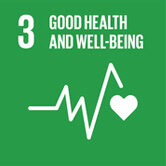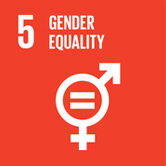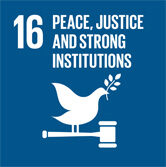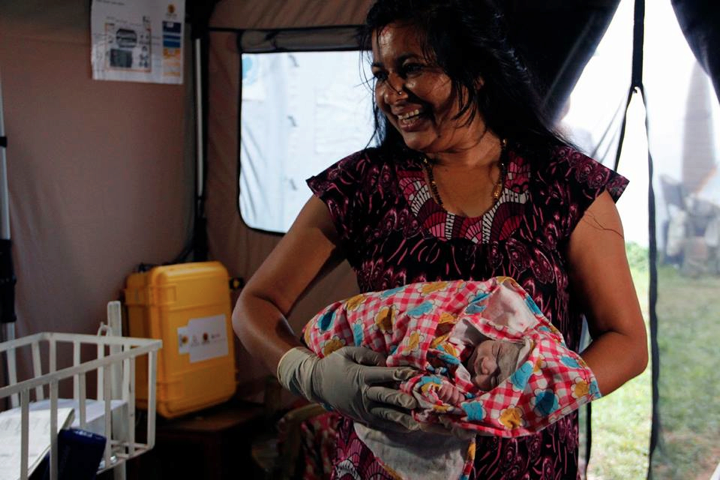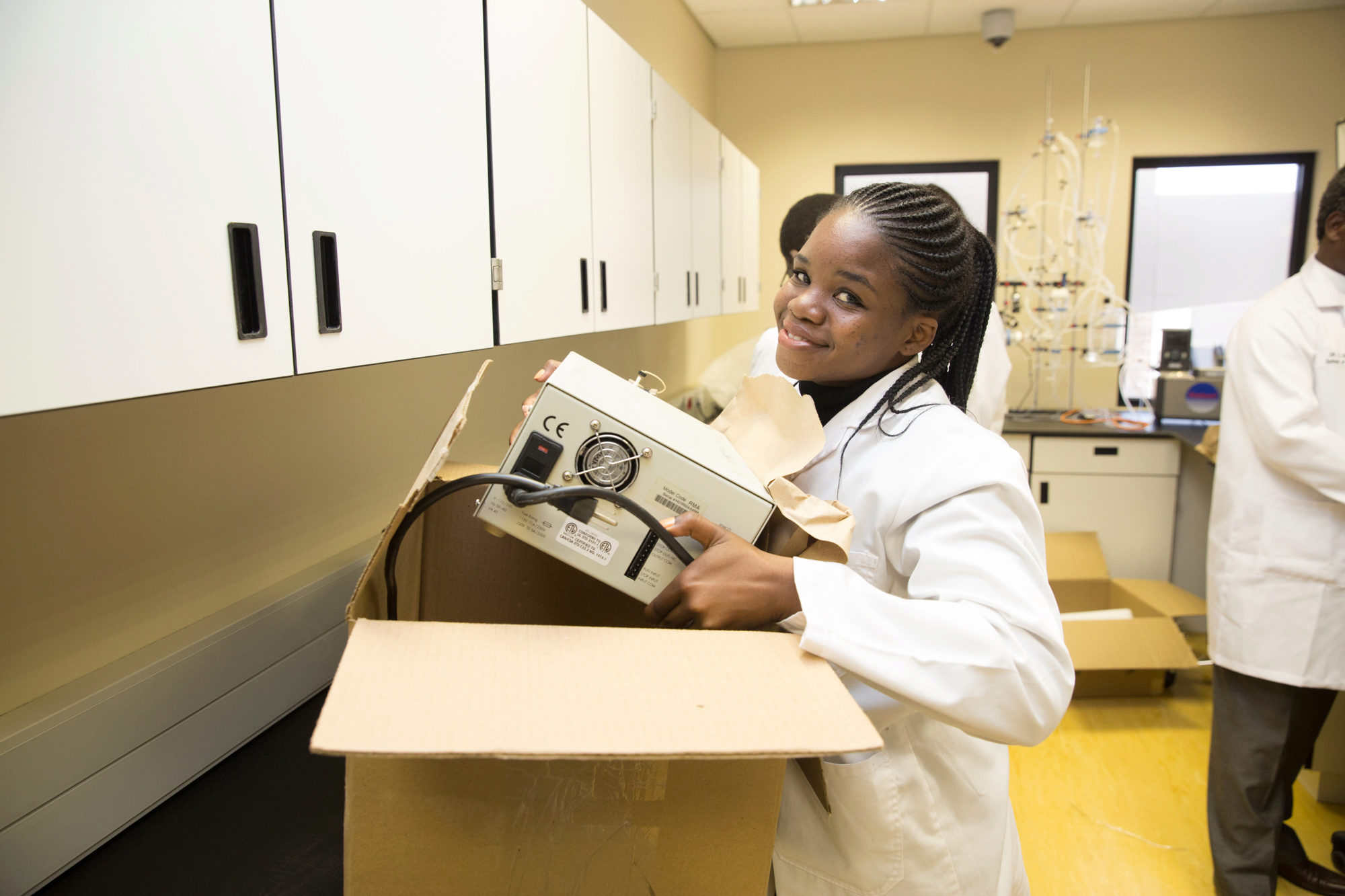
2017 Grand Prize Winner: Women Against Abuse
Founded in 1976, Women Against Abuse is the leading domestic violence advocate and service provider in Philadelphia and among the largest domestic violence agencies in the country. The mission of Women Against Abuse is to provide quality, compassionate, and nonjudgmental services in a manner that fosters self-respect and independence in persons experiencing intimate partner violence and to lead the struggle to end domestic violence through advocacy and community education. Since its origin as a part-time domestic violence crisis hotline, WAA has grown to touch the lives of thousands of people each year through emergency safe havens, transitional housing, community-based supportive services, behavioral health therapy, legal services, hotline counseling, advocacy, technical assistance, and community education.
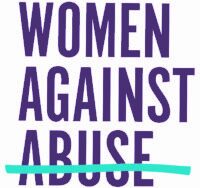
Primary Area of Impact: Social Justice
Geographic Area (Continent): North America
Geographic Area (Country): United States
Organizational Type: Non-Profit
Year Founded: 1976
Mission: The mission of Women Against Abuse is to provide quality, compassionate, and nonjudgmental services in a manner that fosters self-respect and independence in persons experiencing intimate partner violence, and to lead the struggle to end domestic violence through advocacy and community education.
Website: www.womenagainstabuse.org
Shared Safety is a new and better way forward. Through Shared Safety, once disparate systems will work together as part of a coordinated community response to relational violence that will create safety and prevent relationship abuse.
Social Challenge
The Center for Disease Control estimates that every minute, 20 people are victims of physical violence by an intimate partner in the United States. In Philadelphia alone, police respond to more than 100,000 9-1-1 calls each year that are domestic in nature. From 2014-2019, an average of about 10,000 petitions for protection from abuse (PFA) orders were filed each year. In 2021, 43 people were killed by domestic violence, the largest number known to date. With statistics like these, it is evident that domestic violence (DV) is a serious public health epidemic. DV is rarely a “stand alone” issue; inadequate housing, untreated substance use, mental health problems, child abuse and neglect, unemployment, debt, and poverty frequently co-occur and exacerbate the problem. Because of this, victims of abuse often navigate an overwhelming number of departments and agencies to address various emergent needs when DV is truly the underlying—and unaddressed—issue. They turn to emergency rooms, law enforcement, and shelters in moments of crisis when interventions are costliest and least effective. These systems are often ill-equipped to address DV due to a lack of training or understanding about available resources and interventions.
UN Sustainable Development Goals (SDGs)
Leadership
WAA has been a pioneering leader in advocating for survivors of DV. They operate Philadelphia’s only emergency safe havens for people experiencing intimate partner violence, with a total of 200 beds available for survivors of all gender identities and sexual orientations at any given time. WAA developed a first of its kind case management manual that addresses the intersection of homelessness and domestic violence through a trauma-informed lens and became one of the first DV service providers in the world to achieve Sanctuary certification.
In leading the efforts to end DV in Philadelphia and beyond, WAA is advancing a coordinated community response that serves all people accessing Philadelphia’s city systems and provider networks who experience DV. This effort follows the first of its kind citywide strategic plan aimed at addressing DV in a more holistic and effective manner, and uniquely engages a full range of health and human service providers examining DV as a public health issue. Based upon the Collective Impact Model belief that large-scale social change is sparked by cross-sector coordination rather than isolated interventions of individual organizations, this pivotal work has the potential to serve as a model for cities and communities across the country.
Impact
WAA has deepened and expanded its citywide collaborative impact work, while pioneering new approaches to service delivery within its direct service programs. WAA has several measurements of key successes in each of their programs including:
- Calls answered by their domestic violence hotline
- People who are provided shelter in their safe havens
- People who secure permanent housing while living at Sojourner House, WAA’s 18-month transitional housing program
- Survivors who receive community-based case management and housing assistance through their Safe at Home program
- People who are receiving representation or assistance from the WAA Legal Center through telephone counseling, criminal court advocacy, custody support, etc.
- Individuals, including first responders, who were trained in DV dynamics and effective interventions
- Young people who were trained to champion healthy relationships among their peers through their Safety Awareness for Every Relationship (SAFER) program
Innovation
Although there are numerous organizations and individuals working to address different aspects of DV in Philadelphia, there was no one formal “system” coordinating it. In 2015, WAA successfully pioneered Shared Safety, a revolutionary approach to ending relational violence. Shared Safety offers a citywide blueprint for more effective identification, intervention, and prevention of domestic and sexual violence, human trafficking, and reproductive coercion. Through Shared Safety, Philadelphia’s service providers, government representatives and health and human service systems have come together to pursue a shared commitment to making city-wide system-level change. Shared Safety is the first collaborative impact approach to address domestic violence as a public health issue working through health and human services systems, rather than just taking a law enforcement response approach. Already, Shared Safety has had some important results, including commitments from public stakeholders to begin to change the way they collect data and information, to be trained, and to publicly articulate their support for survivors.
Transferability
Philadelphia has proven how sectors such as public departments, nonprofit service organizations, private agencies, and larger law enforcement bodies in major cities can successfully work together. As its name implies, Shared Safety is an initiative designed to be shard; its partners have developed platforms that allow for regular communication and shared learning. This work has the potential to serve as a model for cities and communities across the country. While long-term goals include city-wide data that can be demonstrated, Shared Safety demonstrates the critical importance of buy-in from all levels of city systems, collaborative decision-making and strategies for forging consensus in charged political climates, and commitment to systemic change. Additionally, WAA has often been a voice at a national scale for policies and resourcing of victims services. For instance, WAA was instrumental in advocating to lift the cap on Victims of Crime Act funding.
Accomplishments
- GuideStar Platinum Exchange Seal, demonstrating its commitment to transparency, 2022
- Rutgers-Camden’s Chancellor’s Award for Civic Engagement, Community Partners category, 2017
- WAA’s Education and Training Team won Community Health Teachers of the Year, 2014
- H. Craig Lewis Good Governance Award, 2013
- Top-Rated by GreatNonprofits, 2012




